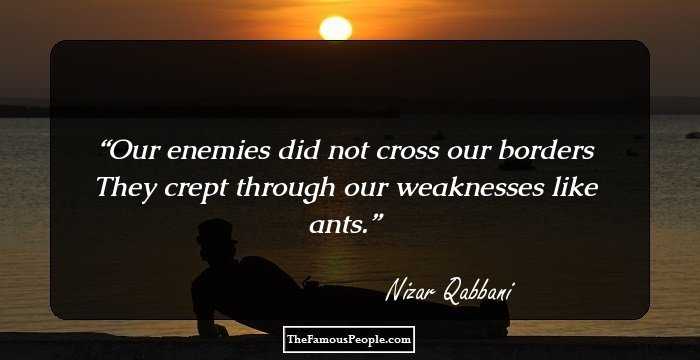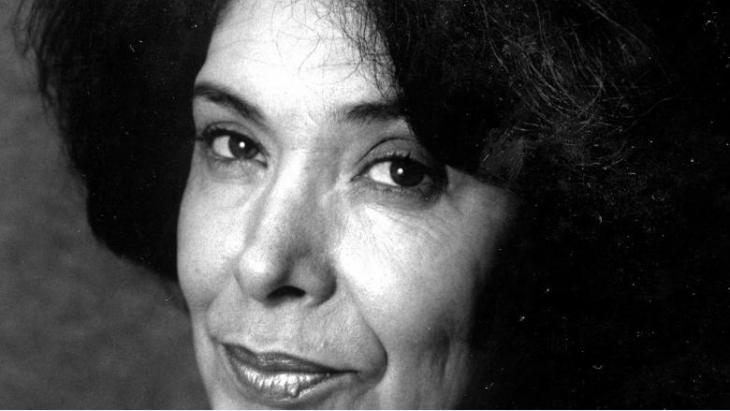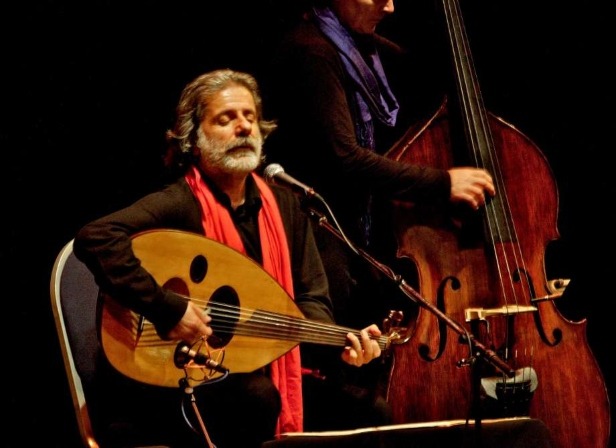Throughout history, arts have always been our most favored, if not only, source of soothing. During times of war, famine, pandemics, or any kind of crisis, especially when there isn’t much that we can do, we run to the arts.
There have been several occasions when artists were deeply influenced by a crisis that their countries were facing, resulting in masterpieces with a legacy that has withstood the test of time. And now may be the perfect time for us to turn to the arts once again, just like our ancestors did during times of conflict.
‘Adda al-Nahar’, ‘Daylight Has Come Our Way’ was a song that the late Egyptian Abdel Halim Hafez sang straight after Egypt’s military defeat was announced in 1967. Written by the popular Egyptian poet, Abdel Rahman el-Abnudi, and composed by the talented Baleegh Hamdi, the song reflected the people’s sorrow, using the symbolism of ‘daylight’ and a ‘new morning’, prompting listeners to hold on and stay hopeful.
Nizar Qabbani, one of the greatest love poets of all time, was also inspired by Arab nationalism. Prior to the Arab-Israeli defeat in 1967, Qabbani was a symbol of love and romance. However, the war transformed him and triggered him to write an iconic poem called ‘Hawamish ala Daftar al-Naksa’, or ‘Footnotes to the Book of the Setback’, expressing his frustration at the shocking defeat.

The Algerian War, also called the Algerian Revolution or Algerian War of Independence, which took place from 1954 to 1962, provoked artists, especially poets, across the Arab region to express their anger and grief towards the lives lost and homes destroyed in one of the bloodiest liberation struggles. Some of these poets were Syrian, like Muhammad al-Qasim Hariri, or Iraqi like Badr Shakir al Sayyab, in addition to other Arab poets, who all came together in resistance of French colonization of Algeria.
Assia Djebar was an Algerian author who, inspired by Algeria’s independence, emerged with the pen-name of Fatima-Zohra Imalayen, and published novels about the experiences of women during the war.

And while we celebrate Arab artists who transformed their agony into beautiful art, we must honor Marcel Khalife, the iconic Lebanese singer and composer. Dreaming of peace, Khalife performed concerts amid the rubble of wrecked buildings in Beirut, during the Lebanese Civil War, which lasted from 1975 to 1990. One of the songs he composed, was called ‘Ya Bahariya Hela Hela’, which he dedicated to Maarouf Saad, said to be the first casualty in the country’s civil war.
The Arab world has, unfortunately, lived through many tragedies, most of which included loss of lives and left entire populations devastated. Yet Arab artists have always been deeply influenced by these crises, creating art and inspiring people for decades to come.
So, instead of pondering over the current situation and these tough days, reflect on the beautiful art that will come out of it.
Art is the voice of voiceless people, it’s an expression of the memories, emotions, fears, and loves of the people. Without it, we would all be lost.



